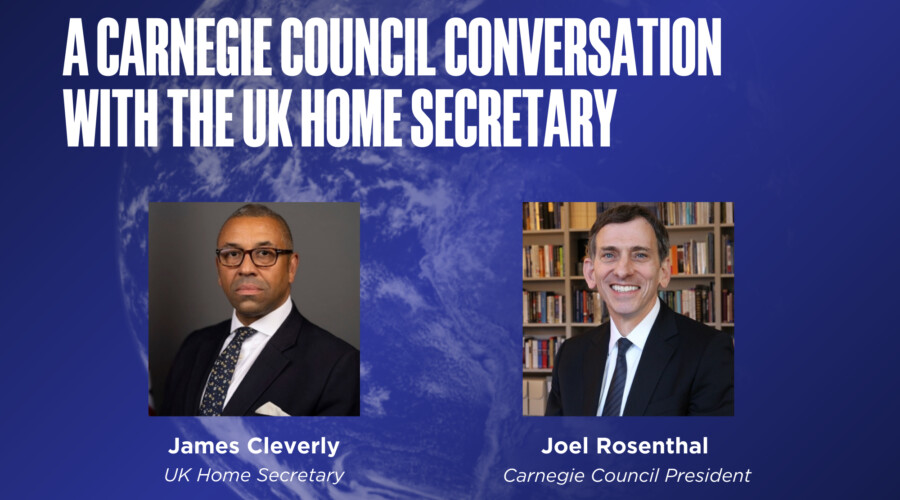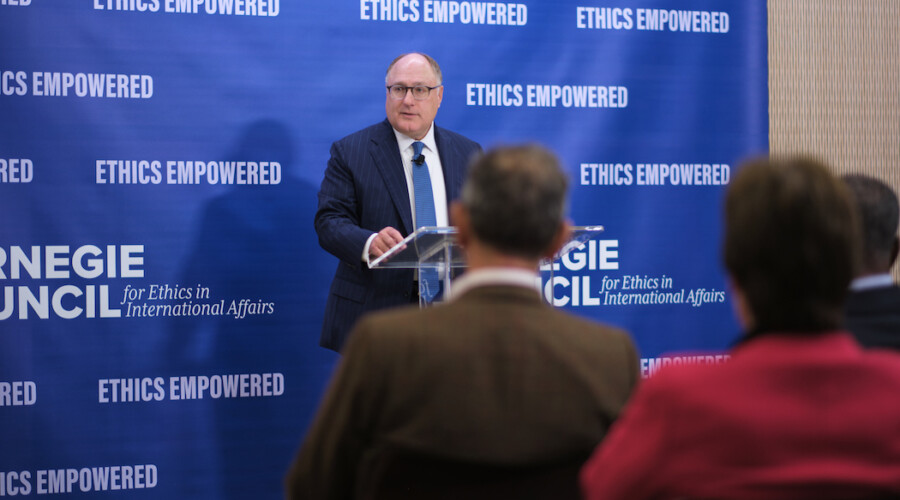This short video on ethics asks: Is Goldman Sachs responsible for the current financial crisis in Greece? Or should Greek politicians who knew of Goldman's practices be blamed for the state of their economy?
The Greek government is deeply in debt, due to decades of excess public spending. Greek politicians were unwilling to reduce services or raise taxes.
Today Greece's annual budget deficit is about 13 percent, and the national debt is over $400 billion. So, they had to borrow and continually roll over the borrowing. To reduce costs, they needed to refinance at the best possible interest rate.
Along with European banks, Goldman Sachs helped by arranging artificial cross-currency swaps. The result dramatically understated Greece's liabilities by 1.6 percent of GDP. Hence, Greek finances appeared healthier than the reality, and interest rates were much lower.
Goldman followed a basic principle, the client comes first. They creatively advised, and their techniques were approved by European statistical authorities. This shell game was intentional, legal, and semi-covert.
When the details became clear, the consequences were severe. Interest rates skyrocketed, Greece announced austerity measures, and public employees went on strike. Weak economies in Europe were pressured, speculation about the stability of the euro peaked, and stock markets reacted negatively
The lack of courage and self-serving of Greek politicians is clear, but is Goldman culpable? One of their Business Principles is, "We expect our people to maintain high ethical standards in everything they do…."
What would you do? Would you serve the client's short-term request, force attention
to larger issues, or refuse to hide liabilities?
Some details are from "Time for Goldman to Come Clean," The New York Times, March 1, 2010, p. B2
See also Goldman Sachs Business Principles.


